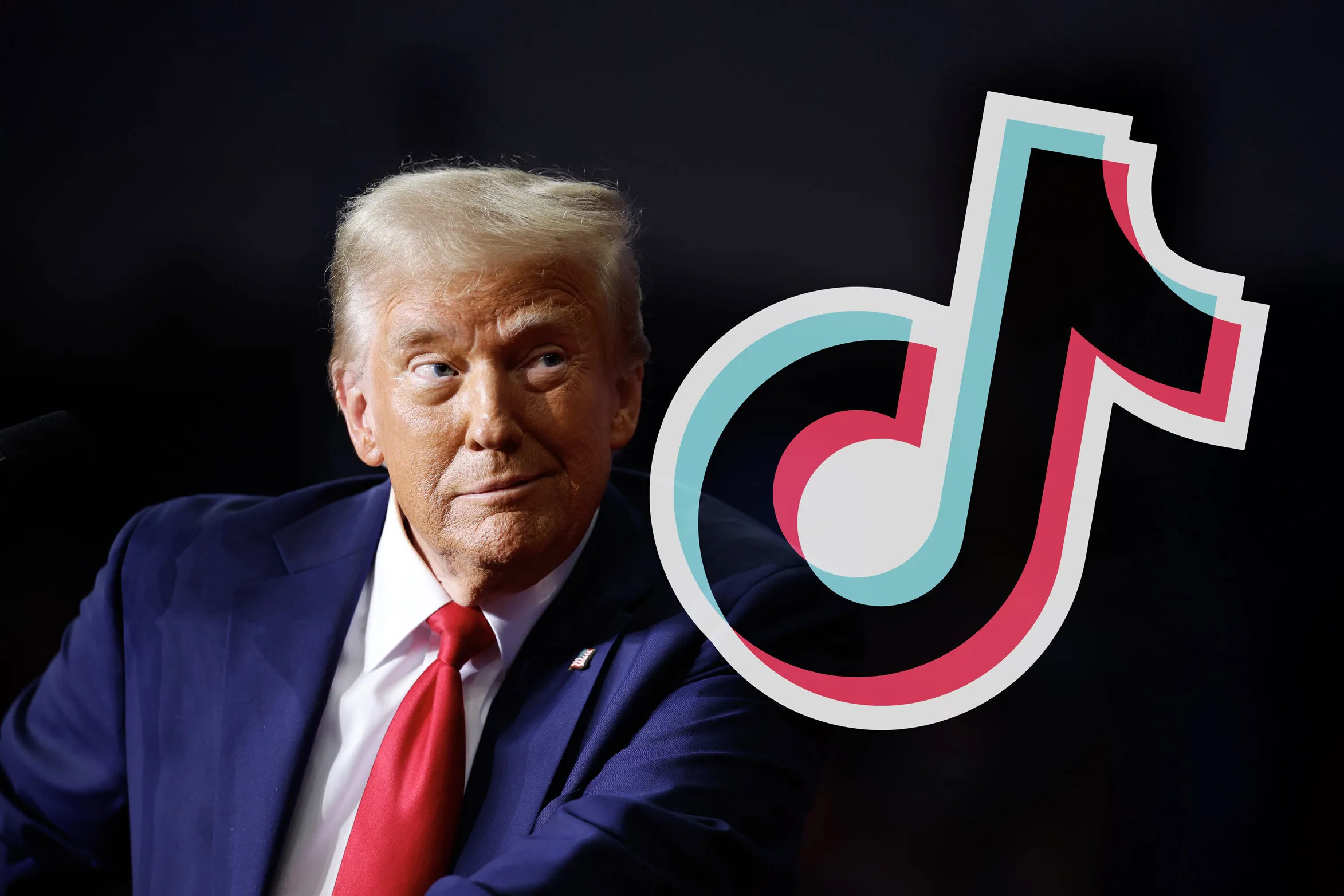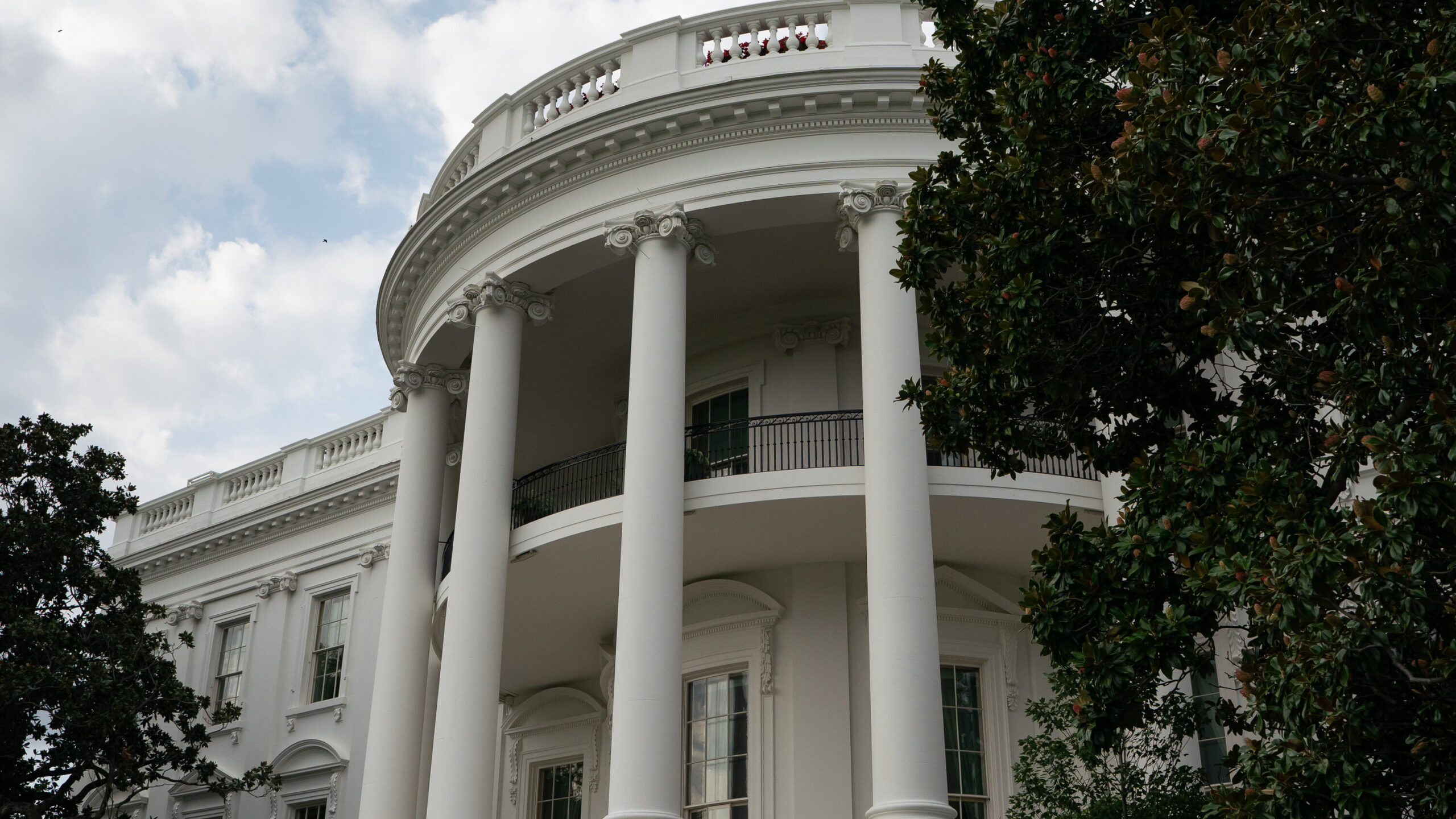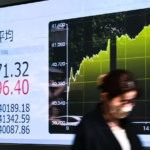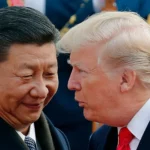U.S. Gains Direct Control of TikTok’s Algorithm, JD Vance Confirms

In a major development for American tech policy, Senator JD Vance confirmed that the United States will now exercise direct control over TikTok’s recommendation algorithm, a move aimed at addressing national security and data privacy concerns. The announcement marks a significant shift in the oversight of one of the world’s most influential social media platforms and raises questions about the future of AI-driven content curation in the U.S.
A Strategic Win for Regulators
For years, TikTok has faced scrutiny over the role of its Chinese parent company, ByteDance, in shaping content for American users. Lawmakers and national security officials expressed concern that foreign control of the recommendation algorithm could influence public opinion or expose user data to potential Chinese government access.
JD Vance, speaking at a press briefing, stated:
“The U.S. now has real oversight of the algorithm that determines what content Americans see. This is a critical step in protecting data and national discourse from foreign influence.”
The announcement is seen as a victory for lawmakers who have long pushed for either a forced divestiture or tighter operational controls over TikTok’s U.S. operations.
How Algorithm Control Will Work
According to Vance and regulatory insiders, U.S. control will involve several key mechanisms:
- Algorithmic Auditing: American engineers will have oversight over how TikTok’s recommendation system prioritizes content, ensuring compliance with transparency and fairness standards.
- Data Segregation: All U.S. user data will be stored domestically, separate from global ByteDance databases.
- Content Governance: Regulatory authorities will monitor and verify that politically sensitive content is not being influenced by foreign directives.
- Regular Reporting: TikTok will submit periodic reports detailing algorithm changes and their potential impact on users.
The approach is designed to give U.S. regulators real-time visibility into the AI systems driving TikTok, while allowing the platform to continue operating in the American market.
Why This Matters
TikTok’s algorithm is widely regarded as the most effective social media recommendation engine in the world, driving engagement and shaping trends in music, politics, and consumer behavior. Control over the algorithm is therefore not just a national security issue—it is a strategic economic and cultural lever.
- National security: By controlling algorithmic operations, the U.S. reduces the risk of foreign influence on American users.
- Consumer protection: Oversight can prevent algorithmic amplification of harmful or misleading content.
- Competitive edge: American tech companies can study and potentially leverage lessons from TikTok’s AI systems without ceding control to a foreign entity.
Experts note that algorithmic control is far more consequential than mere ownership stakes, as the recommendation engine drives both engagement and monetization.
Investor and Market Implications
The news has reverberated across both tech and finance communities:
- Valuation implications: With U.S. oversight reducing regulatory risk, TikTok may be better positioned to attract American advertisers.
- Private equity interest: Investors who previously hesitated due to national security concerns may now see TikTok as a safer investment.
- Stock market reactions: While TikTok is privately held, its major U.S. investors, including Oracle and Silver Lake, may benefit from decreased political uncertainty.
Analysts warn, however, that operational changes to the algorithm could affect user engagement, with potential knock-on effects on revenue if content personalization is hampered.
International Repercussions
The move also sets a precedent for other foreign-owned platforms operating in sensitive markets. Governments worldwide are increasingly scrutinizing AI-driven content moderation and recommendation systems, recognizing algorithmic influence as a form of soft power.
China, for its part, has criticized the U.S. move, describing it as an “unwarranted interference” in the operations of a Chinese company. The situation could complicate broader U.S.-China tech relations and influence ongoing trade negotiations.
The Road Ahead
TikTok will now need to balance regulatory compliance with its user experience. The company has committed to full cooperation with U.S. oversight, but questions remain:
- Will algorithmic adjustments alter the “viral magic” that drives engagement?
- How transparent will TikTok be about changes without compromising proprietary technology?
- Could this model of U.S. control be extended to other platforms or AI systems in the future?
For now, the key takeaway is clear: the U.S. now has a tangible lever over one of the most influential digital platforms in the world—a move with implications for security, culture, and business strategy alike.

















